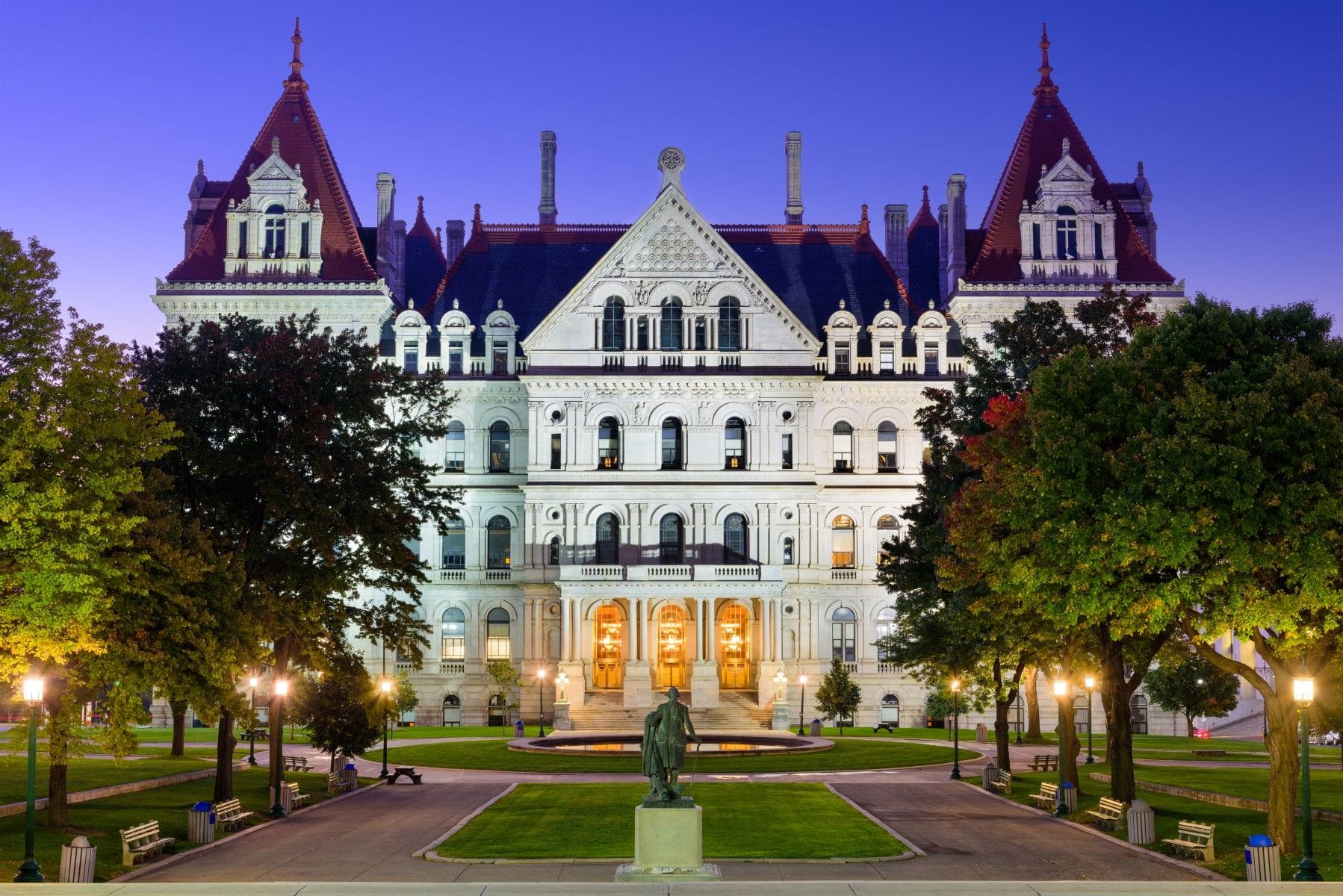New York Expert Witness Report Rules
New York's expert witness disclosure requires identity, subject matter, qualifications, and opinions, but detailed reports are not mandatory, differing from federal rules.
Updated on
In this article
Are Expert Witness Reports Required in New York?
In New York, expert witness reports are not required to the same extent as under federal practice. However, the state mandates the disclosure of expert information upon request. Pursuant to CPLR 3101(d)(1)(i), any party may demand a disclosure of the identity of experts expected to testify at trial, along with "in reasonable detail" the subject matter of the expected testimony, the substance of the facts and opinions on which the expert will testify, the expert’s qualifications, and a summary of the grounds for each opinion. This deviates from the federal practice where extensive pretrial reports are customary (N.Y. CPLR 3101(d)(1)).
The timing of these disclosures is generally determined by the trial judge or by the statutory rule requiring disclosure 30 days before trial if no scheduling order is in place. It is important to note that New York does not automatically require expert reports to be signed by the expert, and typically these disclosures are summaries prepared by counsel (N.Y. CPLR 3101(d)(1)).
What is Required in a New York Expert Witness Report?
In New York, the required disclosure for expert witnesses includes several key elements:
- Identity of Experts: The name of each expert a party intends to call at trial.
- Subject Matter: A description, in reasonable detail, of the subject matter of the expert's expected testimony.
- Facts and Opinions: The substance of the facts and opinions on which the expert will testify.
- Expert Qualifications: An outline of the expert's qualifications.
- Summary of Grounds: A concise summary of the grounds for each opinion.
Unlike the federal standard, New York's requirements are summarized rather than detailed reports, and there is no automatic obligation for the expert to sign the report (N.Y. CPLR 3101(d)(1)).
Scope and Authorship of the Report
In New York, expert witness disclosures are typically drafted by counsel rather than the expert themselves. There is no requirement for the expert to sign these documents, unlike in federal practice where the expert’s signature is often necessary. Attorney involvement in drafting these disclosures is not only permissible but expected, as the disclosures are generally considered a summary of the expert’s anticipated testimony.
The scope of these disclosures may vary depending on the nature of the case and the type of expert testimony involved. For instance, in commercial division cases, parties are usually required to exchange more detailed expert reports and may even depose experts pursuant to specific rules governing those proceedings.
Missing, Deficient, and Untimely Reports
Failure to provide the required expert disclosure in New York can lead to serious consequences. Courts may preclude an expert from testifying, especially if the omission causes prejudice to the opposing party and was without good cause. This underscores the importance of timely and complete compliance with disclosure obligations (N.Y. CPLR 3101(d)(1)).
Potential court responses to deficiencies include:
- Exclusion of Testimony: The expert may be barred from testifying.
- Sanctions: The court may impose other penalties on the non-complying party.
- Continuances: In some instances, the court might grant a continuance to allow for proper disclosure.
Original, Supplemental, and Rebuttal Reports
New York does not explicitly require supplemental or rebuttal reports as part of its expert disclosure rules, unlike the federal system. The focus remains on the initial disclosure of expert information as required by CPLR 3101(d)(1). Nevertheless, parties should be prepared to address any additional expert information that arises as the case develops, potentially through informal supplementation or court-ordered updates.
Relevant State Rules and Legal Requirements
The primary rule governing expert disclosures in New York is found in CPLR 3101(d)(1). This rule outlines the procedural requirements for expert witness disclosures and their timing. Notably, New York differs from federal practice by not requiring detailed expert reports or automatic expert depositions, except in specific circumstances such as commercial division cases.
Key distinctions from federal practice include:
- No Automatic Expert Reports: Unlike federal rules, New York does not mandate detailed expert witness report.
- Limited Expert Depositions: Expert depositions are generally not permitted unless stipulated by parties or ordered by the court under special circumstances.
These differences highlight the unique approach New York takes in managing expert witness disclosures compared to the federal system.
For more detailed information, refer to the New York Civil Practice Law and Rules.


